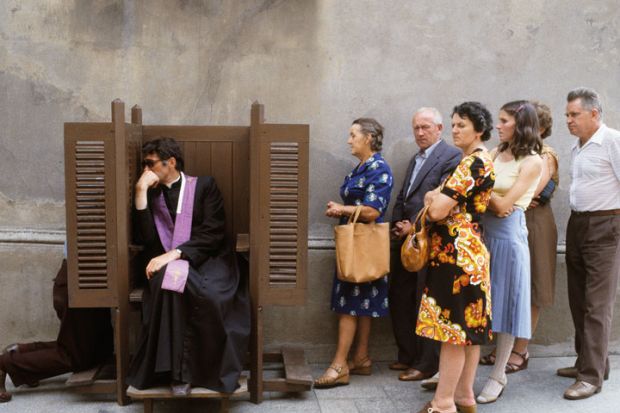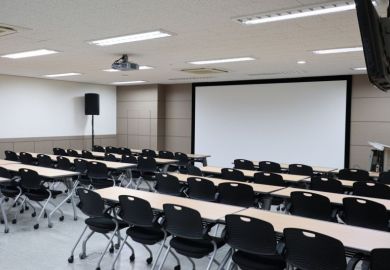Universities should appoint “confidential counsellors” at a faculty level to advise staff and students on research integrity issues, according to a new report from some of Europe’s leading institutions.
An advice paper published by the League of European Research Universities says it is “important that researchers are able to...obtain strictly confidential advice”, adding that “in many cases researchers face problems that they do not immediately want to share with their colleagues”.
This is particularly an issue when the researcher’s career is partly dependent on their colleague, such as in the case of a PhD student and their supervisor, it says.
Antoine Hol, professor of jurisprudence at Utrecht University, chair of the Leru research integrity group and co-author of the paper, said that it was relatively common for universities to have confidential counsellors or advisers at a university level, but it was important for institutions to make such appointments at a faculty level so that they are easily accessible and understand the specific culture that researchers might be facing.
He added that these advisers should be academics working at the institution and could advise on concerns relating to ethical or authorship issues.
“There are universities that have external persons [appointed as advisers] but that’s not a very big success because people do not go to those kind of people, unless it’s very serious,” he said.
The paper cites a University of Copenhagen policy, in which each faculty appoints one or two “named persons” for three-year periods, as an example of best practice in this area. These people are responsible for promoting and contributing to initiatives concerning responsible conduct of research, giving advice to students and academics regarding scientific conduct, and handling allegations of breaches of the institution’s research integrity code of conduct.
“All inquiries are treated confidentially, but the named persons do not deal with anonymous inquiries”, it says.
The Leru paper also says that universities should “develop safe harbours by offering the right protection to whistleblowers in order to avoid the need for anonymous reports. Anonymous allegations should only be considered in exceptional cases.”
Professor Hol said that it was “very important that there is an open culture in which people can discuss certain issues that are related to research integrity so that it is not necessary to report to others anonymously on these issues”.
If academics regularly discussed their daily research practice “then you prevent the need for people to go to counsellors” in the first place, he added.
Register to continue
Why register?
- Registration is free and only takes a moment
- Once registered, you can read 3 articles a month
- Sign up for our newsletter
Subscribe
Or subscribe for unlimited access to:
- Unlimited access to news, views, insights & reviews
- Digital editions
- Digital access to THE’s university and college rankings analysis
Already registered or a current subscriber? Login








